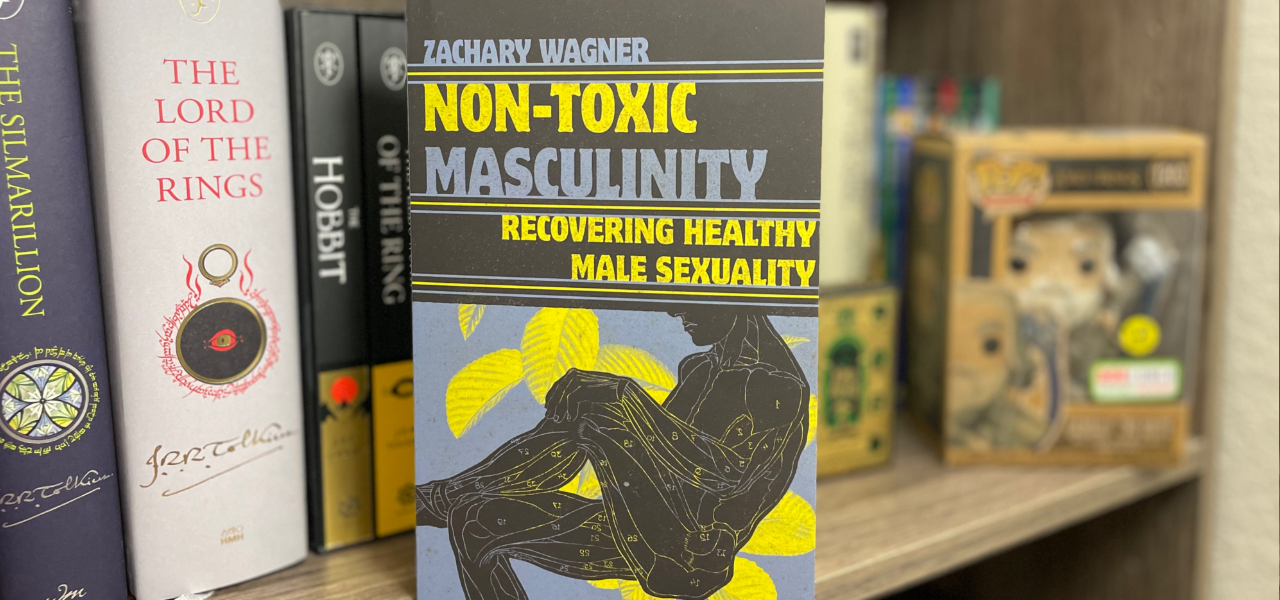Adversity Can Advance The Gospel

In this post and the next, we will look at Philippians 1:12-14. In our text, we are going to see how the Apostle Paul is encouraging this church while he is in the middle of suffering persecution for his faith. He is showing this church and us how the adversity he is facing is actually advancing the gospel and we will see when we get to verse 18 that this was causing joy in Paul’s life.
Now we know according to church and biblical history, Paul is ultimately released from this imprisonment around AD 62, he then goes to Ephesus and writes several more epistles. Around AD 64 a major wave of persecution against Christians broke out and Paul was thrown into the Mamertine Prison around AD 67 from which he writes 2 Timothy before he is eventually beheaded. But the fact that things are going to get worse for Paul, doesn’t mean they are currently good. He is still facing persecution.
The Reality of Persecution
As we consider his persecution, it brings to mind our brothers and sisters around the world who continue to face intense persecution. I shared an article about a week and a half ago in our church Facebook group telling how Pastors in Afghanistan are asking for prayer right now. The writer of the article states “ As Taliban forces have swallowed up Afghanistan, pastors in the country have been emailing and messaging me over the last few days, even hours, anxious for prayer. One house church leader sent me a picture of the small room he was hiding in with his family. He wrote, “This is where I am living. We are hidden right now in different areas.”
Another pastor wrote, “ We can’t go out like normal. It’s dangerous. We moved to one of my friend’s houses, but it’s not safe at all.” Mindy Belz at WORLD shared this on Twitter: A person who works with house church networks in Afghanistan reports its leaders received letters last night from the Taliban warning them that they know where they are and what they are doing. The leaders say they aren’t going anywhere.
A person who works with house church networks in Afghanistan reports its leaders received letters last night from the #Taliban warning them that they know where they are and what they are doing. The leaders say they aren't going anywhere. So it begins.
— Mindy Belz (@MindyBelz) August 13, 2021
As you study church history you see there is story after story of Christians like these who are stalwart in their faith, even when facing certain death. So as we study this passage I want us to put ourselves in their shoes. It’s easy to read Philippians and picture yourself in a hammock on the beach because of Paul’s relentless joy. But as we have said Paul is chained to a Roman guard awaiting trial from Nero. As we study, consider our brothers and sisters in the Middle East fearing for their lives. I think as we consider that reality, the truths of this book come alive in ways that are so rich and sustaining and life-giving. These truths move past “coffee mug cliches” to truths that sustain us in our darkest hours.
One of the things that we see as we work through these verses is we can experience joy while facing adversity when we value Jesus above all else. This is the source of Paul’s relentless joy.
Adversity Can Advance The Gospel
Look at verses 12.
Philippians 1:12 Now I want you to know, brothers and sisters, that what has happened to me has actually advanced the gospel,
Now, there have been a lot of things that “ have happened ” to Paul. The most immediate context would be his imprisonment in Rome. But if you read 2 Corinthians 11 you will also find Paul was no stranger to suffering.
2 Corinthians 11:24-27 Five times I received the forty lashes minus one from the Jews. Three times I was beaten with rods. Once I received a stoning. Three times I was shipwrecked. I have spent a night and a day in the open sea. On frequent journeys, I faced dangers from rivers, dangers from robbers, dangers from my own people, dangers from Gentiles, dangers in the city, dangers in the wilderness, dangers at sea, and dangers among false brothers; toil and hardship, many sleepless nights, hunger and thirst, often without food, cold, and without clothing.
The Apostle Paul faced a ton of adversity. But Paul viewed all this adversity, he viewed his current imprisonment, as a catalyst to advance the gospel. Why? Because nothing stops God’s work! Paul could be confident that his imprisonment would advance the gospel because of the promise we looked at in verse 6.
Philippians 1:6 I am sure of this, that he who started a good work in you will carry it on to completion until the day of Christ Jesus.
The reality of what Paul states in verse 6 was so real to him that even persecution did not keep his eyes off the mission of God. Jesus was so real to Paul that he believed with every fiber of his being nothing can stop God’s plan. B.B. Warfield said “In the infinite wisdom of the Lord of all the earth, each event falls with exact precision into its proper place in this unfolding of his eternal plan. 1 ”
God Is In Control
Your life is not an accident. The experiences you are walking through are not some “cosmic whoops!” They are a part of God’s perfect plan and he wants to use the adversity you are facing to advance the gospel. Friends, there is nothing more freeing, or strengthening, than the fact that the omnipotent God who created this world is with you, ordaining every circumstance you experience. This means that nothing but what God allows for your ultimate, eternal good will happen to you.
Romans 8:28 We know that all things work together for the good of those who love God, who are called according to his purpose.
Do we really believe that verse? Or how about Matthew 16?
Matthew 16:18 on this rock I will build my church, and the gates of Hades will not overpower it.
Persecution Is No Threat To The Church
It’s so easy to look around see things we disagree with and whatever new “ism” is trending and think “ This is a threat to the church. ” “ That is a threat to the church. ” And it is true God often calls the church into dangerous situations. God will allow us to walk through adversity. But if the gates of hell don’t pose a threat, why are we not more courageous with our faith? Paul writes to this church and says, I want you to know ….God’s plan cannot be stopped. God always wins. So rejoice.
The Holy Spirit wants us to know too. In the original language, the word know is ginosko in the original language. It means you learn to know or come to know something through experience. You perceive it, feel it, and have experienced it to be true. It has shaped the way you live your life. It was also a Jewish idiom for intercourse between a man and his wife. Adam knew his wife, Eve. This word means there is a deeply intimate level of understanding. 2
God wants us to KNOW that adversity actually advances the gospel.
- Benjamin D. Warfield, “Predestination” in Biblical Doctrines (Baker, 1932)
- https://www.blueletterbible.org/lexicon/g1097/csb/mgnt/0-1/




